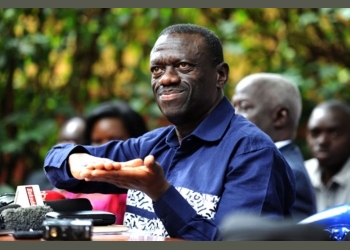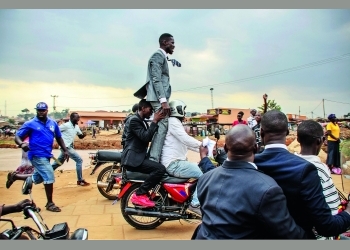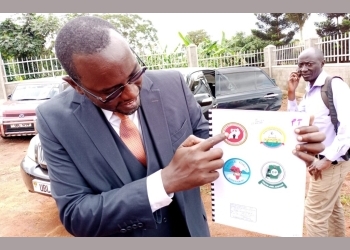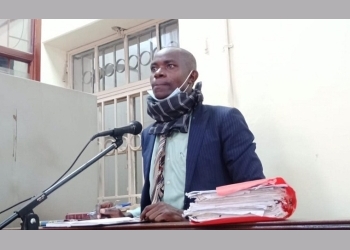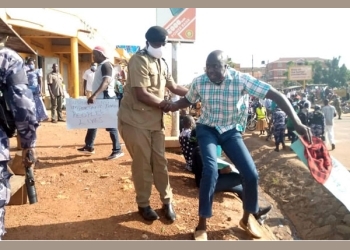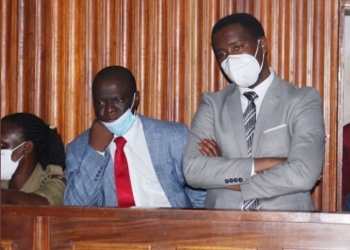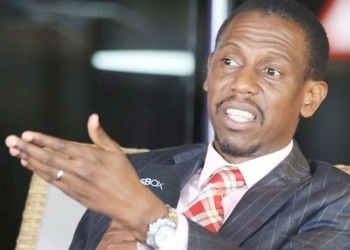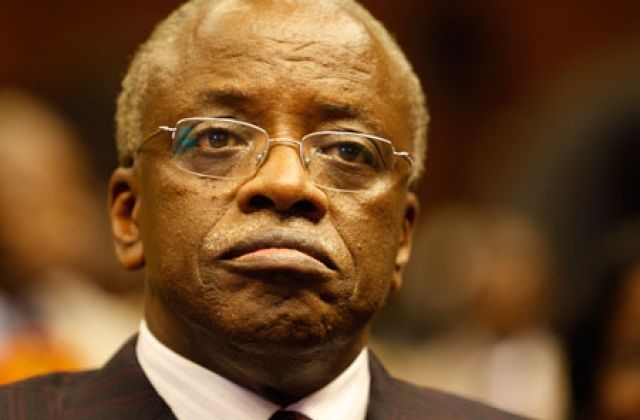
The Supreme Court has this afternoon trashed a petition challenging the presidency of Yoweri Museveni as announced by the electoral commission by the Electoral commission on February 18 2016.
Former presidential candidate Amama Mbabazi rushed to court challenging the Electoral commission, Yoweri Museveni and Attorney general upon the announcement on February 20th 2016.
Museveni was declared winner with 60.7 percent of the vote, followed by Forum for Democratic Change presidential candidate Dr Kizza Besigye with 35.37 percent, while the most aggrieved Amama Mbabazi, an independent candidate only managed to get just 1.43 percent of the vote, in a race that attracted eight candidates.
But Mbabazi says the election was a fraud. He accuses Museveni, the Electoral Commission and the Attorney General of conspiring to give his former boss an unworthy victory. He stated, among others, that the Electoral Commission did not comply with the law in holding the presidential election and as a result President Museveni was irregularly re-elected.
However, in a ruling read by the Chief Justice Bart Katureebe, the panel of nine judges unanimously agreed that; “We have found that the petitioner had failed to prove that there was noncompliance in the transmission and announcing of results,” Katureebe stated.
The nine-judge panel consisted of Chief Justice Bart Katureebe and justices Faith Mwondha, Eldad Mwangutsya, Stella Arach Amoko, Jotham Tumwesigye, Augustine Nshimye, Esther Kisakye, Okumu Wengi and Lillian Tibatemwa.
The Ruling stated that all the nine judges concurred that that the Electoral Commission acted in its Constitutional mandate, had a valid national voters register and complied with law when it used the National Identity cards to identify voters instead of the voters cards.
It further states that the use of biometric machines did not constitute non-compliance to the elections act and did not in any way disenfranchise voters.
Court also dismissed the contention on the use of the electronic transmission system saying its use did not in any way constitute non-compliance. The Chief Justice said the panel did not find major discrepancies in the results submitted by the district polling officials and those that were declared by the Electoral Commission.
The case was dismissed without costs.
